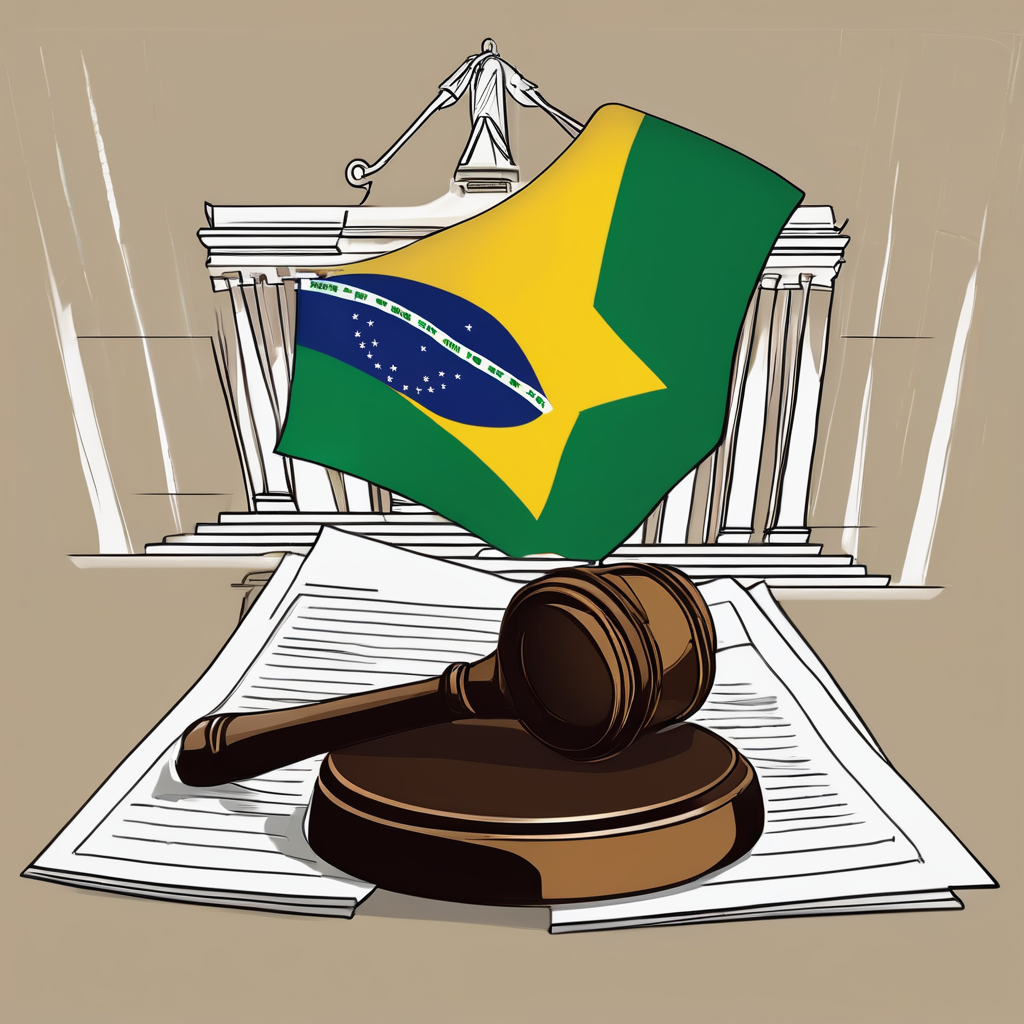A significant ruling from Brazil’s Supreme Court on Friday has denied former President Jair Bolsonaro’s appeal against his 27-year prison sentence, imposed for his involvement in a coup attempt following the 2022 presidential election loss. The decision comes from a panel of justices, including Flavio Dino, Alexandre de Moraes, and Cristiano Zanin, who all voted against Bolsonaro’s legal team’s request. The final seat on the panel remains open, with a vote expected before November 14.
Bolsonaro, who has faced house arrest for approximately three months due to separate violations of precautionary measures, plans to appeal his conviction further. His legal representatives have not provided immediate comments on the panel’s ruling. They aim to request that he serve his sentence under house arrest due to his health issues, mirroring the conditions currently affecting his situation.
This ruling follows a September conviction where four out of five judges sentenced Bolsonaro to 27 years and three months for multiple crimes, including participation in an armed criminal organization and attempts to violently disrupt democracy. For such appeals to succeed in Brazil’s Supreme Court, it is typically necessary for at least two justices to disagree with the ruling. However, with only one out of the five justices dissenting, Bolsonaro’s lawyers opted to file a motion more focused on clarifying aspects of the conviction instead of a direct appeal against the sentence.
The backdrop of Bolsonaro’s case includes his alleged violations involving efforts to persuade former U.S. President Donald Trump to intervene in his legal matters. While Trump’s supporters, including Bolsonaro’s son, Eduardo Bolsonaro, assert that these legal challenges are politically motivated, the Supreme Court has emphasized the importance of maintaining judicial independence. Eduardo Bolsonaro is facing criminal charges as well, and the Supreme Court is set to vote on his status as a defendant later this month.
Throughout this trial, legal experts have highlighted the implications for Brazilian democracy, reflecting concerns over past governance and the requirement for accountability among political leaders. Observers remain hopeful that the judicial process will uphold the principles of democracy, promoting dialogue around the importance of legal accountability and responsible governance in Brazil’s political landscape. This case underscores both the risks and the resilience of the nation’s democratic institutions, offering a potential turning point for Brazil as it navigates through this tumultuous period.
